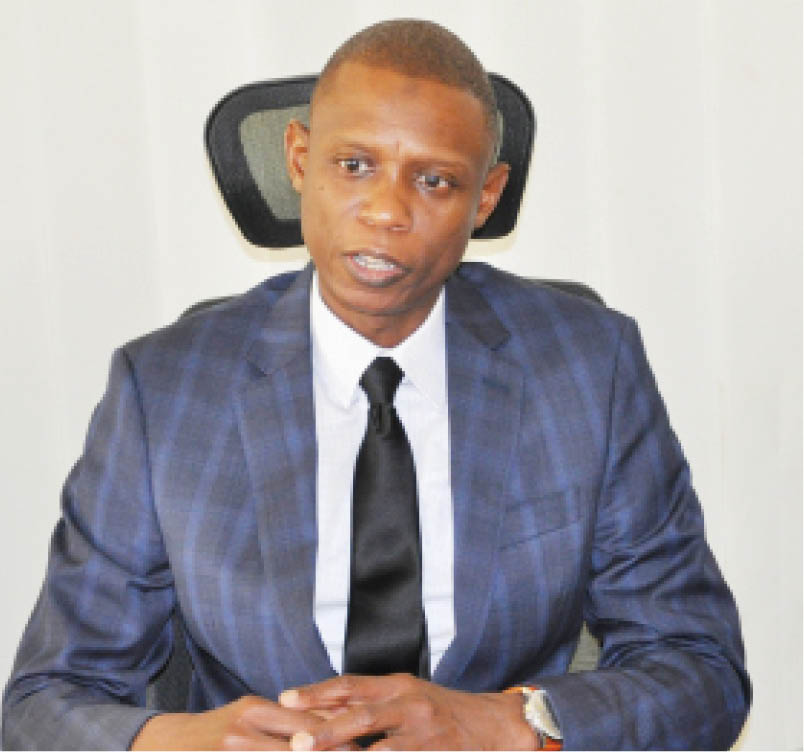The federal government is integrating electric vehicles into the National Automotive Industry Development Plan (NAIDP) as part of a move to transit from fossil fuel vehicles into automobiles powered by electricity.
Director-General of the National Automotive Design and Development Council (NADDC), Mr Jelani Aliyu, who disclosed this, also expressed optimism that the NAIDP would be passed into law before the end of the year.
- Murdered Super TV CEO laid to rest
- PODCAST: Human Trafficking: ‘Nigeria Must Ditch Its Infamous Record’
He spoke on Thursday during the 6th annual training and workshop of the Nigeria Auto Journalists Association (NAJA) in Lagos.
The DG, who joined virtually, reiterated that electric vehicles remain the future of automobiles globally with many countries setting targets for migration into electric vehicles, saying Nigeria is also toeing a similar path.
Daily Trust reports that the federal government recently launched the first electric vehicle, Hyundai Kona, assembled locally in Nigeria by Stallion Motors.
As a follow-up to that, the NADDC has inaugurated two charging stations in Sokoto and Lagos respectively to aid charging of the vehicles.
The DG, who spoke at the workshop with the theme “Migration to Electric Vehicles and Gas-powered Vehicles; Opportunities & Challenges for Nigeria,” said a lot of developments like the EVs as well as gas-powered vehicles were springing up as the government fine-tunes the auto policy bill.
He said all the new developments would be incorporated into the NAIDP.
On the charging stations for the electric vehicles, the DG stressed that it was not the business of the federal government to put charging stations across the nook and cranny of Nigeria.
He said the transition to electric vehicles had opened up a vista of business opportunities for the private sector to key into the new frontier, stating that the government was working on a blueprint to encourage more Nigerians and investors to take advantage of the new business opportunities offered by EVs.
Challenges of second hand
The Corps Marshal of the Federal Road Safety Corps (FRSC), Dr Boboye Oyeyemi, said migration into electric vehicles would reduce the dangerous emissions from fossil fuel vehicles mostly second hand flooding the Nigerian market.
Oyeyemi, represented by the Lagos Sector Commander, Olusegun Ogungbemide, disclosed that 80 per cent of vehicles are second hand.
“Some of them are as old as 30 years and when they come in, we embrace them as new vehicles, we subject them to the same activities that the new vehicles are being subjected to, not minding the costs,” he said.
He said the “terrible emission” that people perceive on a daily basis from fossil fuel vehicles poses serious health risks.
He said: “This migration is so important to Nigeria, especially in the area of health. Many people are in the hospital in Lagos today which hitherto wouldn’t have been if our atmosphere has been so sanitized.”

 Join Daily Trust WhatsApp Community For Quick Access To News and Happenings Around You.
Join Daily Trust WhatsApp Community For Quick Access To News and Happenings Around You.


